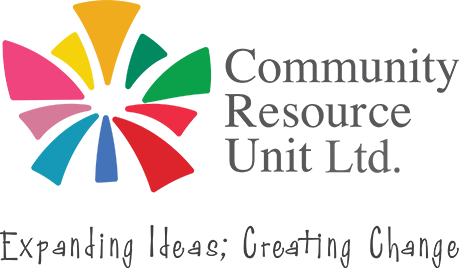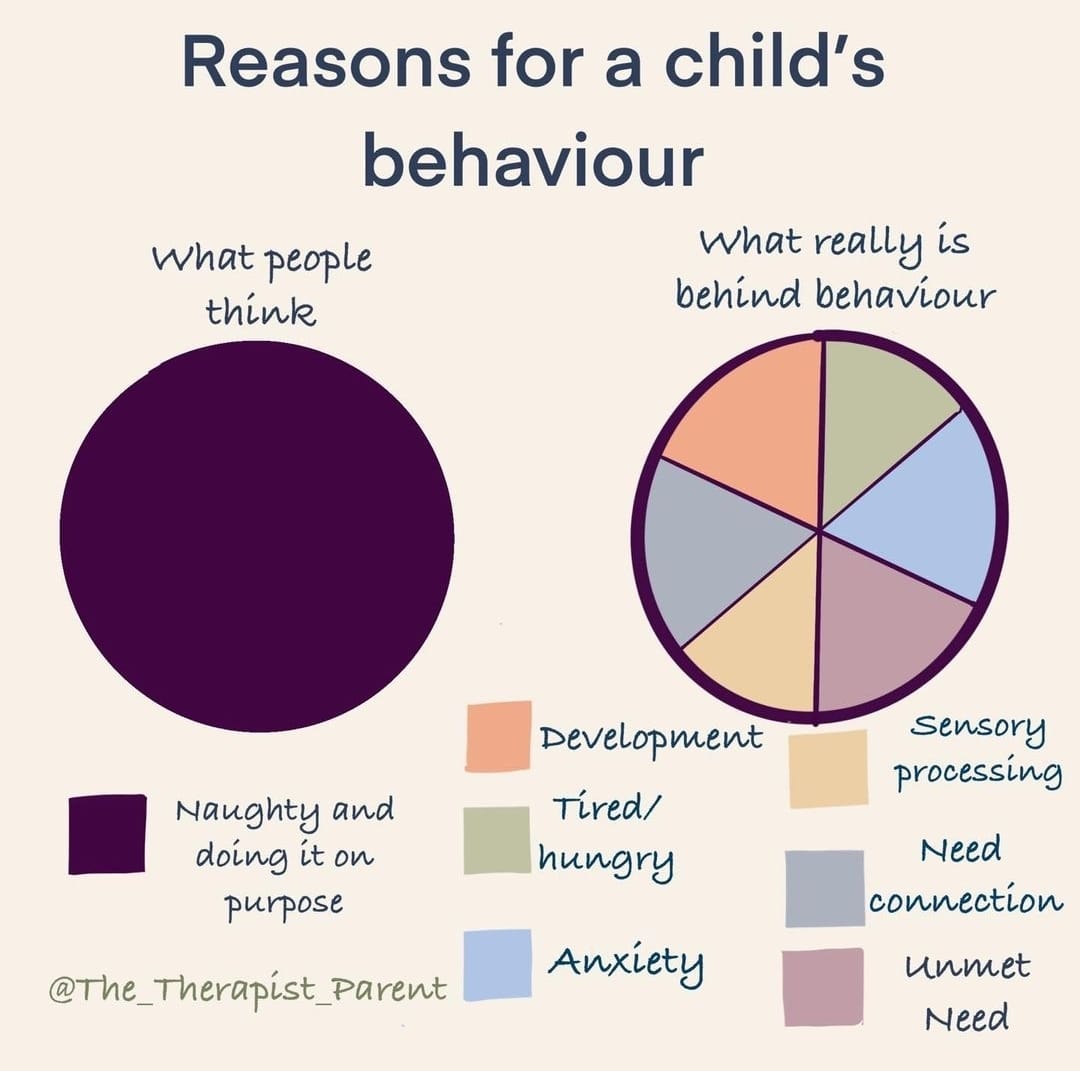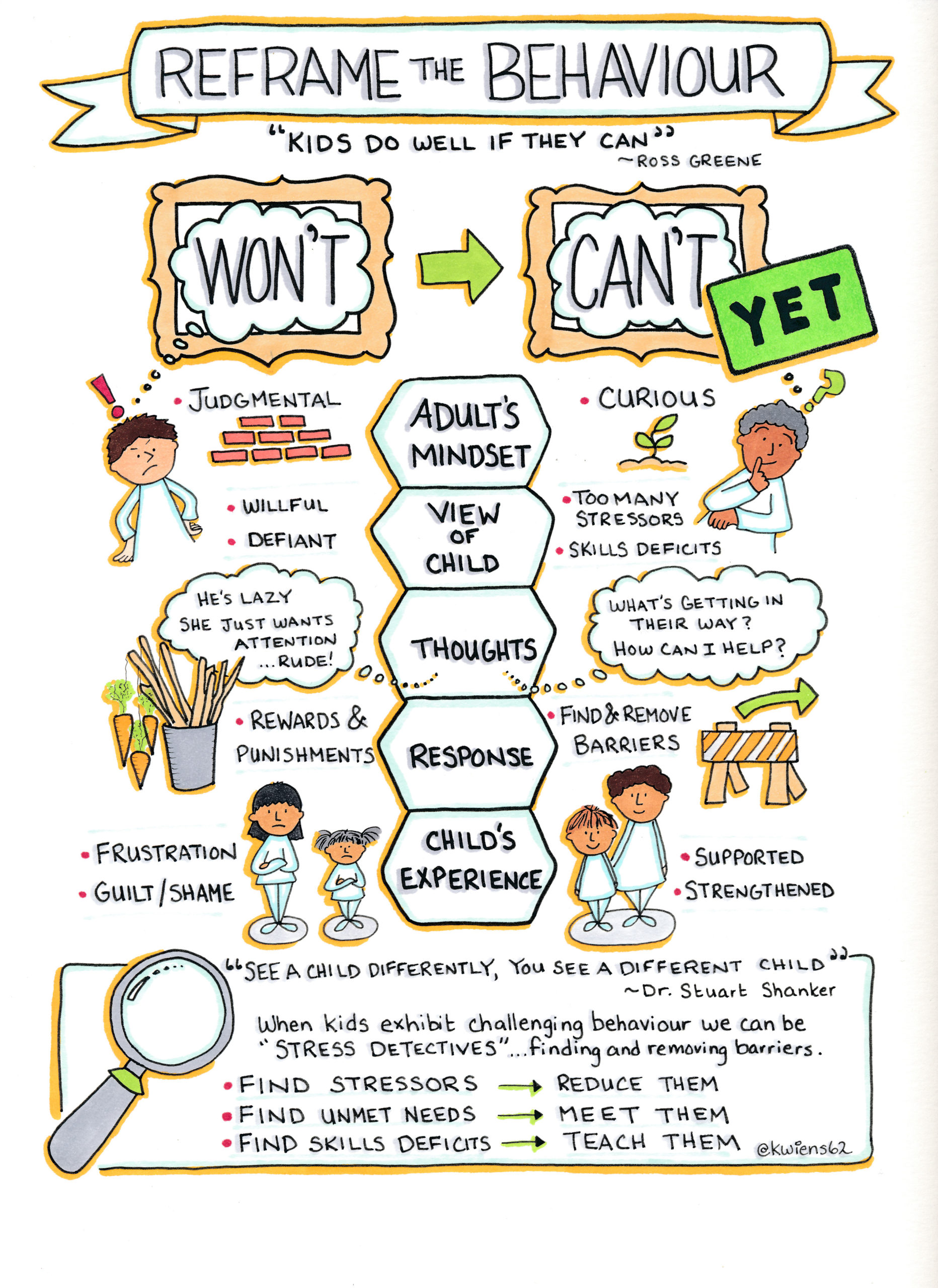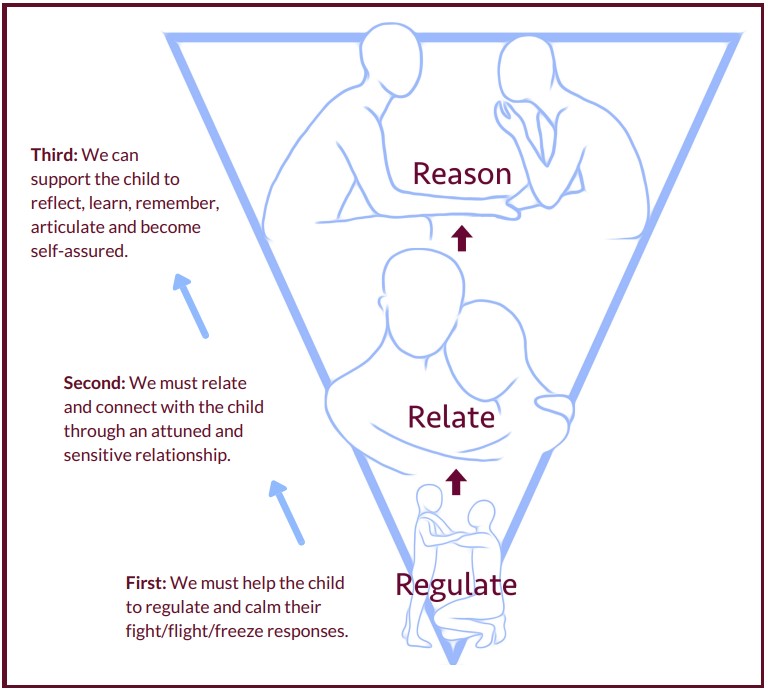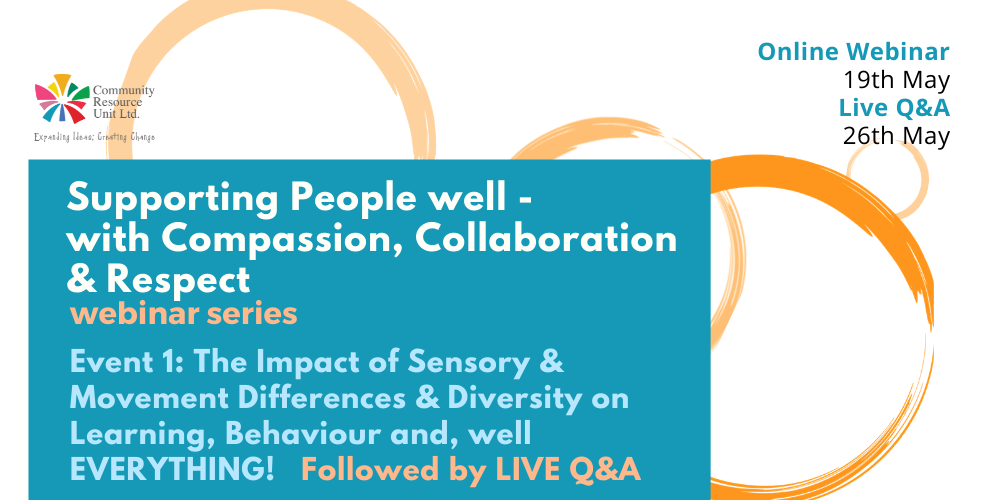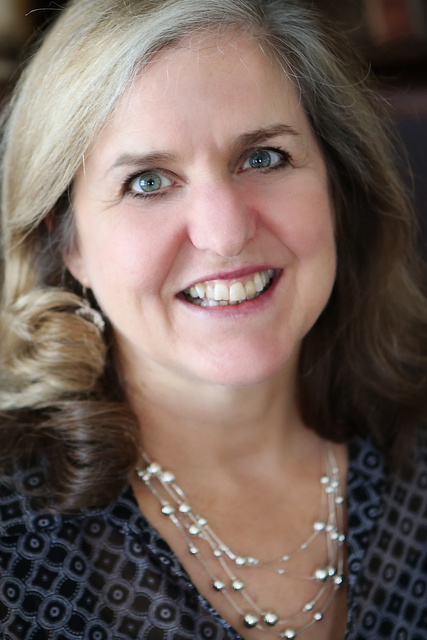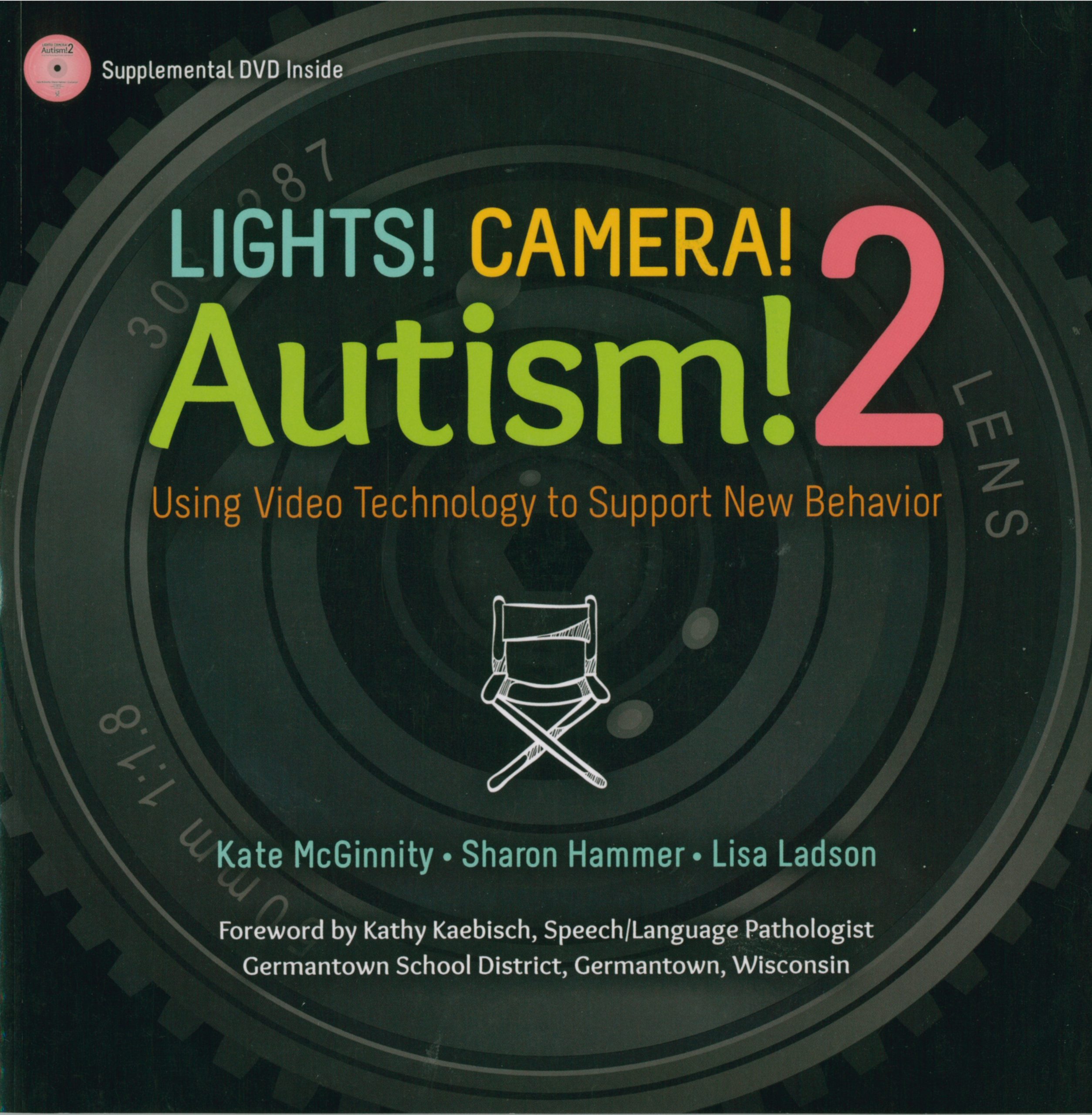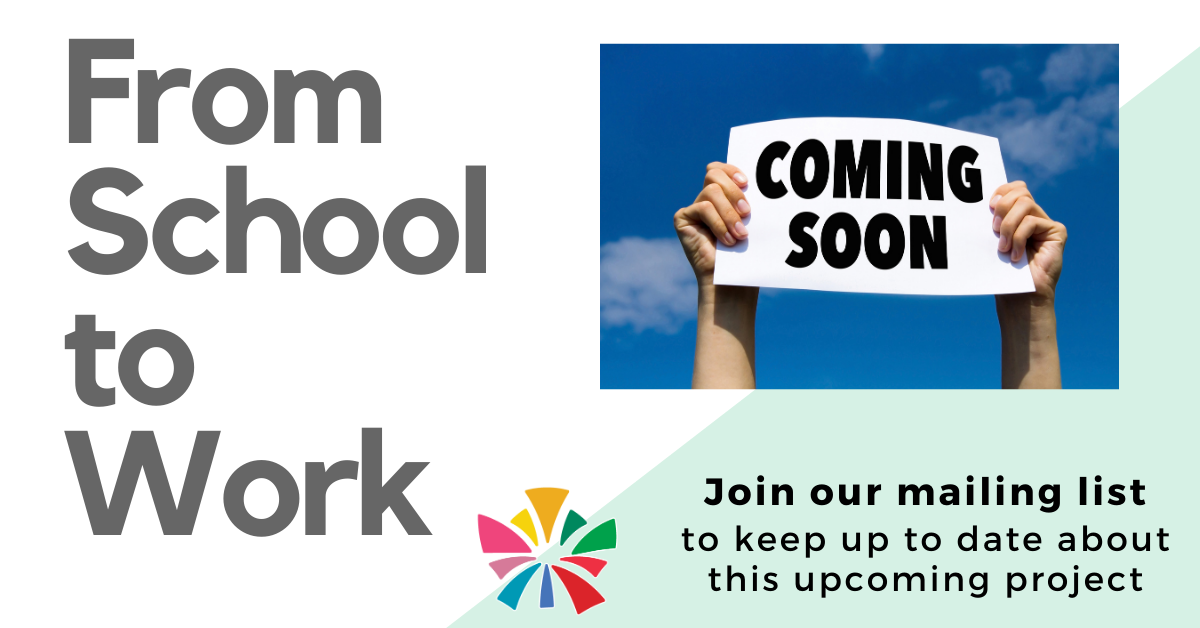We hope that you have enjoyed a happy and safe Easter.
As you will now be aware, the government has announced that when school goes back next week, most students will be moving to Learning at Home for the first 5 weeks of Term 2 (to be further reviewed). This will be a big change for families and students and so we thought it would be helpful for us to be in touch with you about CRU’s plans and also to provide you with some important links to resources which can assist you. We know there is a lot of information out there – so we hope to not overwhelm you with too much information.
While we know that schools will also be communicating with you with more specifics and tailored resources – we also know that school responses are likely to vary considerably. While many families will be looking forward to the opportunity to spend more time at home with their family, this won’t be without its challenges and juggling, and could feel quite overwhelming – particularly given loss of other routines and supports, and general anxiety about the impact of COVID-19.
Individual consultations
We hope that as with any big transition that you are able to prioritise taking care of each other – including Mum and Dad! – and being led by the bigger long-term vision – even if it is harder to act on many of those dreams right now! Without taking away from the challenges, this provides a time to take stock and even to get to know your child as a learner and therefore to be clearer about their strengths, passions and what supports work for them.
While this is the hope, we know this isn’t straightforward and want to reassure you that CRU will continue to support families though our individual consultation service – phone/email or zoom consults are possible by emailing EducationProject@cru.org.au or by phoning 3844 2211 and a consultant will get back to you.
This will be valuable for families knowing where to start in their transition to home learning! Please remember that while the Families for Inclusive Education Project focuses on issues around inclusive education, CRU generally supports people with disability and their families, so if you have a question relating to other issues (e.g. NDIS or supports during this time), we may be able to assist you by linking you with another CRU team member.
Webinar
As already announced on our date claimer, we will be hosting a webinar at 10.30am on 11th May on the topic of Communication with the School: Building a Foundation for Partnership. It will include suggestions both for “ordinary” times as well as during this current context. Given the new technical restrictions, we will be offering a recording and zoom session at a different time slot the following week – more details to follow.
Additional resources for families
We will also be:
- Launching web resources for families
- Offering group zoom conversations for families to learn about helpful resources, offer strategies, and support each other
- Offering online learning versions of our workshops – in flexible formats
- Sharing family stories and examples of inclusion in different formats
- Continuing to support family to family peer support connections.
More information will follow, with specific dates and links for the zoom conversation and other online learning.
Department of Education Resources
We also want to draw your attention to the resources being made available by Queensland’s Department of Education:
Australian Coalition for Inclusive Education
CRU is a member of the Australian Coalition for Inclusive Education which has produced a very valuable resource for families leading home learning at this time. It has lots of interesting links for stimulating learning for all ages and interests. There is also great information on how students can be socially connected during these unusual times.
CRU is interested in hearing your feedback about what additional supports would assist you to navigate the current challenges, and the Department of Education is seeking feedback from us on how learning at home is progressing, even in this preparatory phase. Please contact us by phone or email if you would like to provide this input or need assistance.
Children and Young People with Disability (CYDA)
As well, Children and Young People with Disability (CYDA) is collecting national data and you may want to contribute through completing CYDA’s survey of young people with disability and families. This survey will remain open during the COVID-19 crisis.
We hope you are able to enjoy the slower paced school holidays – and look forward to supporting you over the coming months. Hang in there!
